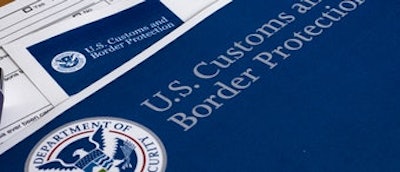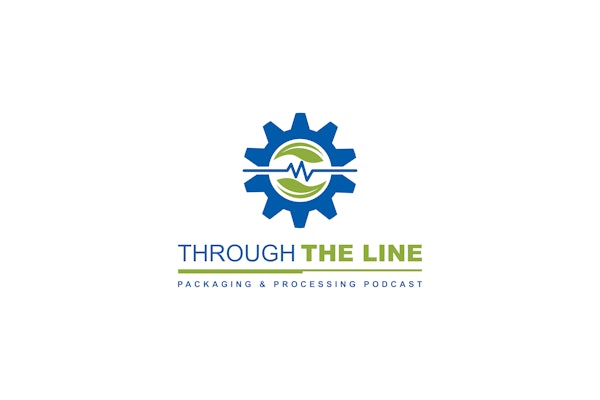
While most packaging sails through shipping and U.S. Customs and Border Protection without issue, components intended for filling with cannabis and hemp can fall victim to seizure in certain cases. In particular, more “obvious” products intended for delivery—such as vapes, pipes, and rolling papers—are halted more regularly than packaging components intended for product storage.
In his compliance talk at the Cannabis Packaging Conference West, Steven Levine, partner at Husch Blackwell, noted that while there’s no need for undue alarm, it’s good to be prepared for situations in your supply chain. (Disclaimer: His presentation should not be construed as legal advice.)
Importing your packaging? Be aware that there is a possibility a shipment could get held up.
Common packaging components such as jars or child-resistant (CR) closures are unlikely to garner any attention as they’re not primarily used in relationship to a federally illegal substance, making them unlikely to fall under Customs’ “paraphernalia” radar.
Where things get murkier is if there is packaging coming across the border with labeling or branding related to marijuana or hemp. Additionally, if product is primarily used for smoking/inhaling purposes—even rolling papers, which have been used legally for tobacco for decades—it may be seized. Levine noted that one client had vape carrying cases with branding seized, despite the fact that the case could be used for any number of products. He said that Customs is on the more aggressive side; they’re trying to catch people involved in very serious crimes, so they’re erring on side of caution. They’d rather seize first and then ask questions (or argue with you) later.






















